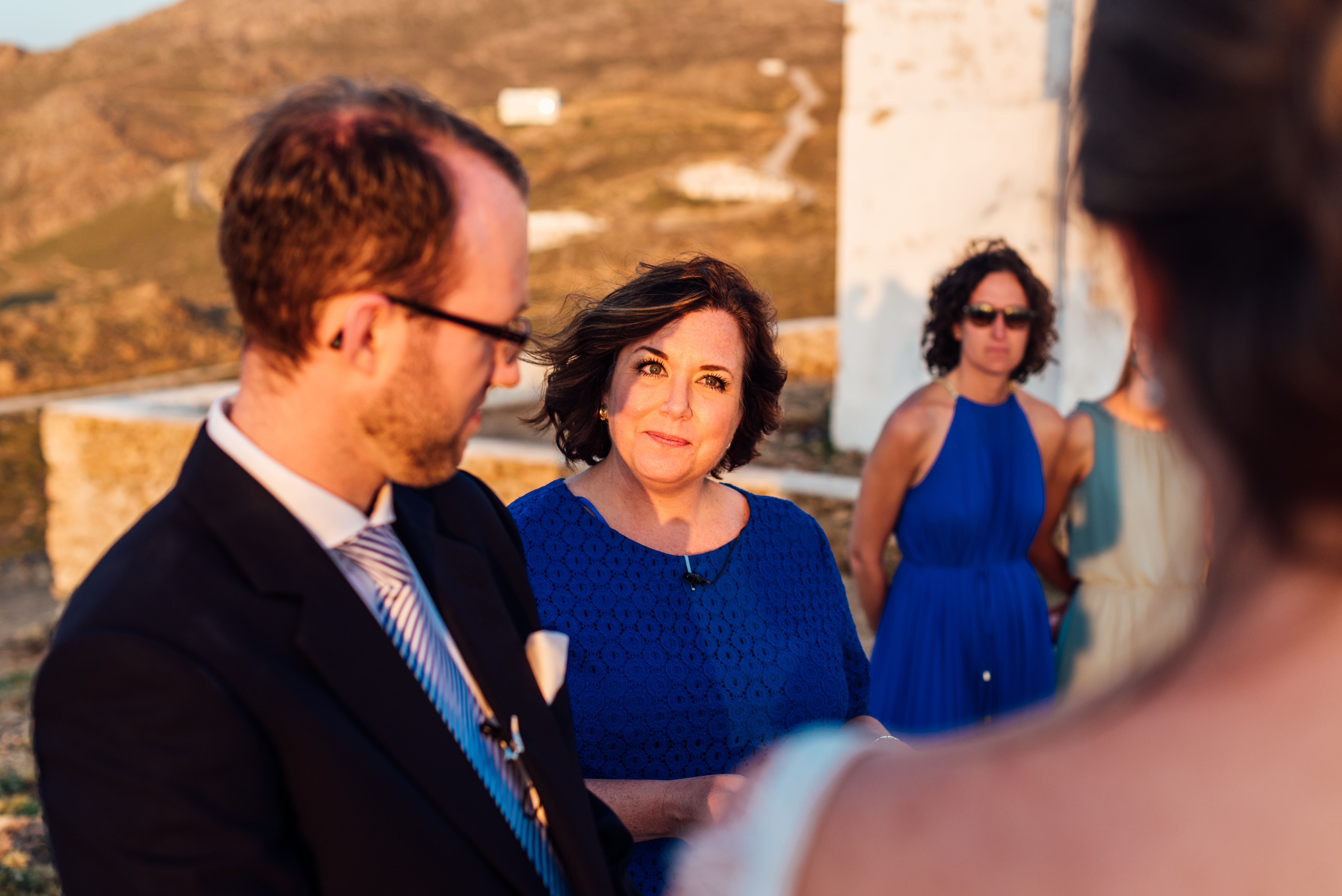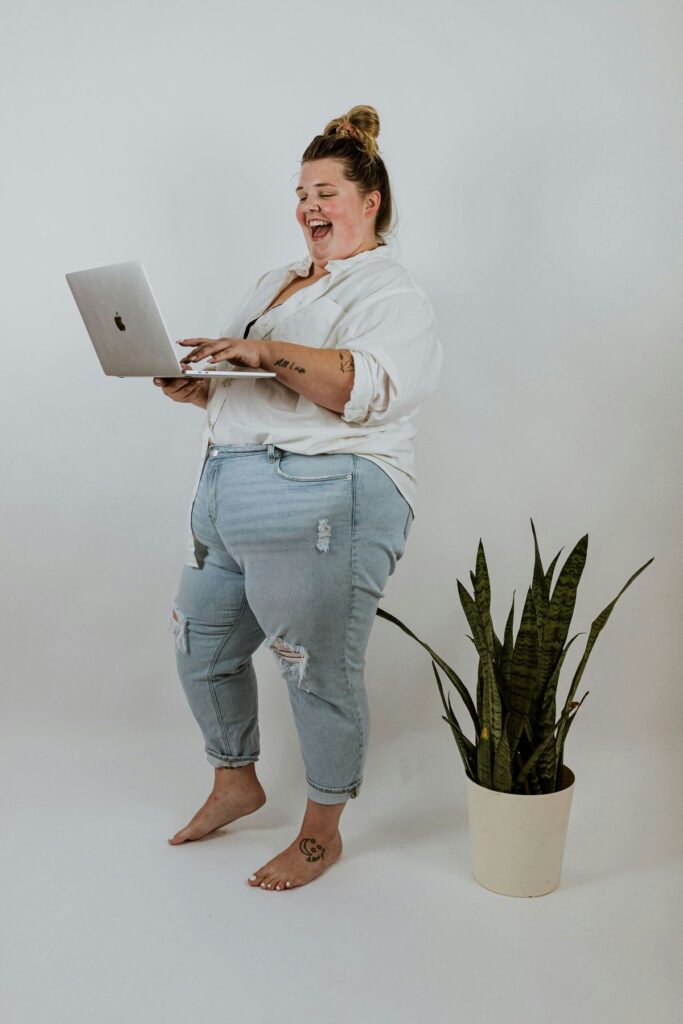How do you Mix Friendship and Business? According to Annmarie Camp
It’s the last days of countdown to our Client Appreciation Event. Madyson said the funniest thing last week about planning the event: “[I’ve learned that] aesthetics are very important and specific, but what really matters is so much more than if there’s centerpieces.” It made me laugh out loud because it’s actually a pretty good metaphor for our business: we always try to present with style, but first and foremost, the substance must be 100%. No exceptions. And speaking of which, style + substance is the perfect excuse for me to introduce you to our keynote speaker Annmarie Camp.
When I try to capture Annmarie’s essence and explain her impact on me, it feels impossible. Directly and indirectly, her influence is peppered throughout this site. And more widespread than words on a page, her example has been stamped into the core tenants of my business and my life. (Lessons from Annmarie will be coming out in 2030. Kidding… maybe).
Annmarie is my former boss and current friend. I call her when I’m making my scariest decisions and need coaching on tough calls or things I know I’m about to mess up. She’s also way more empathetic than me, so she’s one of the people on my personal board of advisors that keeps me in check. She’s a brilliant leader and an expert in how to connect with humans in business, which, shocker: drives exceptional results.

Yet sometimes, this ability to connect so deeply, with so much meaning, begs a difficult question: in today’s blurry work and life world, how do you mix friendship and business? I interviewed my role model, Annmarie, to get her take…
Tell me about the first time you had to manage and lead colleagues who were the same level as you – your friends. friendship in business
To get to that, I’d suggest rewinding even more.
[In sales] my job has always required a lot of leading by influence. I’ve always needed people who didn’t report to me, to do what I want them to do, in order to hit my targets. People think of sales as getting others to buy what you’re selling, and to do that, I’m trying to lead sales people outside our company by influence too. I have to create a situation where someone wants to be on my side. They want to hit the targets with me.
Doing so starts with getting to know people, and this is the part of work that keeps me going. I view getting to know people as an opportunity. The relationships that I’ve developed with my internal team and external brokers are a very real benefit of the job to me. I can find something I really like about nearly everyone I meet, and it’s fun for me to get to that core with anyone whom I encounter.
Okay, so your work friendships come about because there’s something likable about everyone. You like finding that nugget, developing the relationship, and ultimately it leads everyone in that camp – whether internal or external – to want to achieve the same goal.
But, come on. It doesn’t always work that way. What about when things go wrong? What are the boundaries? friendship in business
There was a situation years ago when someone working for me was hours late for work, then lied about why. I called him into my office and did not hesitate to be angry with him. I told him, “Do not mistake my kindness for ignorance.”
Sidenote: you may have gotten the impression from my glowing love for Annmarie that she’s soft and warm – which is true. But she can also be super stern. She’s always respectful but is unwavering about sharing the truth through clear and direct communication. I share this from experience, as I’ve occasionally been on the receiving end of a difficult conversation.
My former partner owns his own business and has a team working for him, who he’s befriended, as well. He has a similar approach and articulates it as, “Don’t mistake my ability to have a positive relationship with you as weakness.” For both parties, you have to be able to separate business expectations from the friendship – then have crisp, difficult conversations when necessary and move on without a grudge.
In these two examples, I’ve been describing an employee-boss relationship. But this is paramount in client friendships too. In my personal life I’ve hired friends to do work for me, and there are times, when I’ve been the client, that I’ve had to call up my friend and say, “This is unacceptable work.” Both parties need to be able to give and receive that feedback as business people, then be able to put on their “friend hats” the next time they want to have drinks and get the families together. This is an operating principle to which you both have to (consciously or unconsciously) agree.
The prerequisite to all this is working with people you trust.
One of your philosophies that I’m embedding in my own business is “Give first.” You’ve always taught and modeled this.
Is the prerequisite to trust, giving first? And to giving first being vulnerable? And in order to be vulnerable, I think your underlying foundation must first be unshakable self-confidence.
True? Or have I been reading too many self-help books?
The thing that strikes me about this is: vulnerability does not mean weakness. Having a positive relationship with someone who works for me is not a weakness.
The other thing I think of is that in order to create inclusion, which I care so much about, you have to expose where you’re vulnerable. This will bond you to other people and make you relatable and able to build up reinforcements where you need support.
Yes! When I worked for you, you’d frequently say, “Here’s where we fell down on x, y, z and I’m going to point the finger at myself first. Here’s what I didn’t do, and here’s our opportunity as a team…”
I remember once reading that when you stick out your index finger to point at something, your thumb’s natural resting place is pointing back at you. The same idea but said differently is when something about another person annoys you, it’s usually because it’s pointing out something that you dislike about yourself.
That idea has always stuck with me. If I focus on this thing about you without admitting that there’s a connection to me, I’m inadvertently building a wall and being defensive. If I link us together, I’m creating inclusion and alignment. This is why listening to listen (not to respond) is so important.
And how do I say this without sounding arrogant? I think that – I don’t know why – I have this innate inner confidence. And listen. There are plenty of things I’m not confident about. Yet, I’m lucky that at the core, I’m a pretty confident person which allows me to talk about my vulnerabilities and use them to connect with others.
This is making me think of something my mom cautioned me about a few times in my career: “Be careful around other women.” In fact, the time that she most recently reminded me of this, she said, “Julie, I know that you’ve had some good experiences and were lucky to have Annmarie as a boss, but she is not the majority of working women. She’s an exception.”
Hearing stuff like this makes my blood boil. Even though it was a private conversation between the two of us, by continuing to re-tell that narrative, we’re hurting women friendships, working relationships, and general female progression. Grr… Tell me something empathetic. Go!
I think that things started to slowly change with my generation, but your mom may be right for her and previous generations. Frankly, this idea is part of my drive to be inclusive and my love for feminism. When women stand out on their own, they’re the singular “token woman.” And this has created all sorts of [negative] perceptions and stigmas about powerful women.
Besides just liking people, this is another reason that I want to connect with and align myself with others – women and men. This is a way for women to elevate themselves to more power as part of a team.
Therefore, it’s one tactic that can be used to shed the stigma of the powerful or token woman.
In fact, here’s another philosophy that underlies how I conduct myself,
‘Shine your light on other people.’ When we highlight other people and achieve things as a team, everyone shines brighter. It’s corny, but this is how we hit our targets.
In conclusion, how do we weave them together? What is the line – or not – connection between friendship and business?
The bottom line is this: if someone is your colleague / client / business partner and friend, you must possess the ability to be objective about the skillsets and needs of the job.
You absolutely must make an objective choice when required. And the other person must be able to accept your choice. This is the cornerstone of why this works for me and has been an advantage in my career.
On the other hand, some of my greatest disappointments have been when people I thought were my friends didn’t accept my business decision.
One of the things I’m most proud of are my friendships that remain in spite of my business decisions.
Thank you, Annmarie! See you in a few more sleeps…
PS – in case you’re wondering about the photo, it was taken in Mykonos in 2016: about 5 years after Annmarie was last my boss and had turned friend. This was her reading at my wedding. Go figure.. 😉 friendship in business


